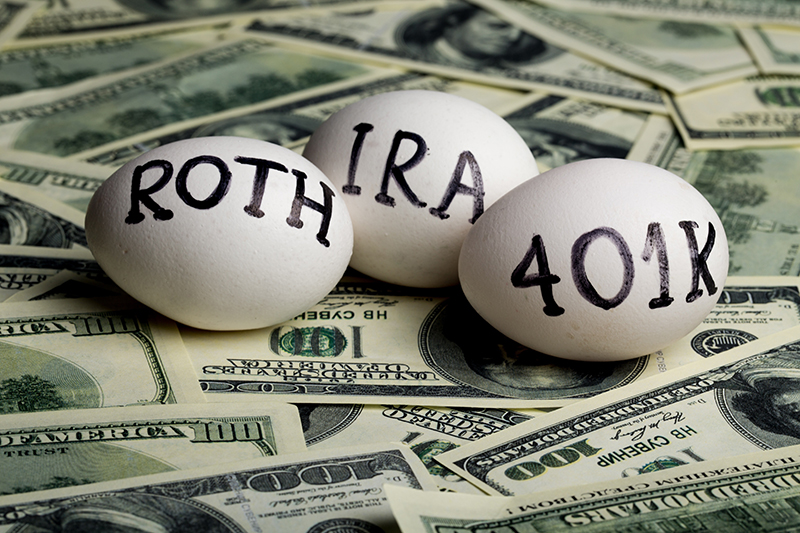Are union dues deductible?
April, 16 2020 by Chris Rubino, EA
Union dues are, in the opinion of many, almost the classic definition of what is known in the tax world as an “employee business expense.” An employee business expense is generally defined as an expense paid by the employee for the purpose of carrying on a job with their employer or a business. Under current federal law, employee business expenses are generally not deductible; that is, the deductibility has been suspended for tax years 2018 through 2025 inclusive. There are however a few exceptions, and if your union dues meet one of the exceptions listed below you are in luck.
You are an employee (other than statutory employee) and they were incurred in 2017 and prior. If your union dues were incurred in 2017 and before, if you itemized or are eligible to itemize your deductions on Schedule A in the tax year you are deducting your dues, and if your dues and other miscellaneous deductions (employee business expenses are/were considered a miscellaneous deduction) were greater than 2% of your adjusted gross income, then you may be able to amend your return to add your dues if you did not do so when you filed your tax return. Remember, to amend your return it must be for what is called an “open” tax year, or a year for which the taxing agency is still accepting amended returns. For the federal government this is generally three years ─ or all tax years are considered to be open if you never filed a return. Some states have longer periods for which they will accept amended returns.
You are a fee-based government official or a performing artist eligible to a deduct your unreimbursed employee business expenses. If this is the case the deduction is an adjustment to income and not an itemized deduction. A fee-based government official is one who is compensated in whole or in part on a fee basis, such as a justice of the peace charging fees for performing wedding ceremonies. A qualified performing artist is someone who renders services in the performing arts for at least two employers, the total employee business expenses connected with the performance of such services were greater than 10% of the income derived from the services, and their adjusted gross income is $16,000 or less.
You are eligible to deduct your expenses on the Schedule C. These taxpayers are sole proprietors or statutory employees. If you are a sole proprietor or a statutory employee you may deduct on the Schedule C all of your ordinary and necessary trade and business expenses. Generally the business must qualify as having begun and being operated with the intent of making a profit. The key consideration here will be whether or not the union dues are necessary. If, for instance, you are an independent contractor and the contract requires you to be a union member, then the expense would be ordinary and necessary. However, if your contract does not require you to be in a union, the expense might not be considered necessary if you are audited. So before taking the deduction you should evaluate your entire circumstances or contact a tax professional.
And lastly, it should be noted that not all states conform 100% to federal tax law. This means that in your state employee business expenses may be deductible, and if so, you may deduct such expenses on your state return, even if you are not eligible to deduct them on your federal return. Therefore, tax software programs such as TurboTax® recommend properly entering your union dues and letting the software make the determination on whether they are deductible or not on your state return.





